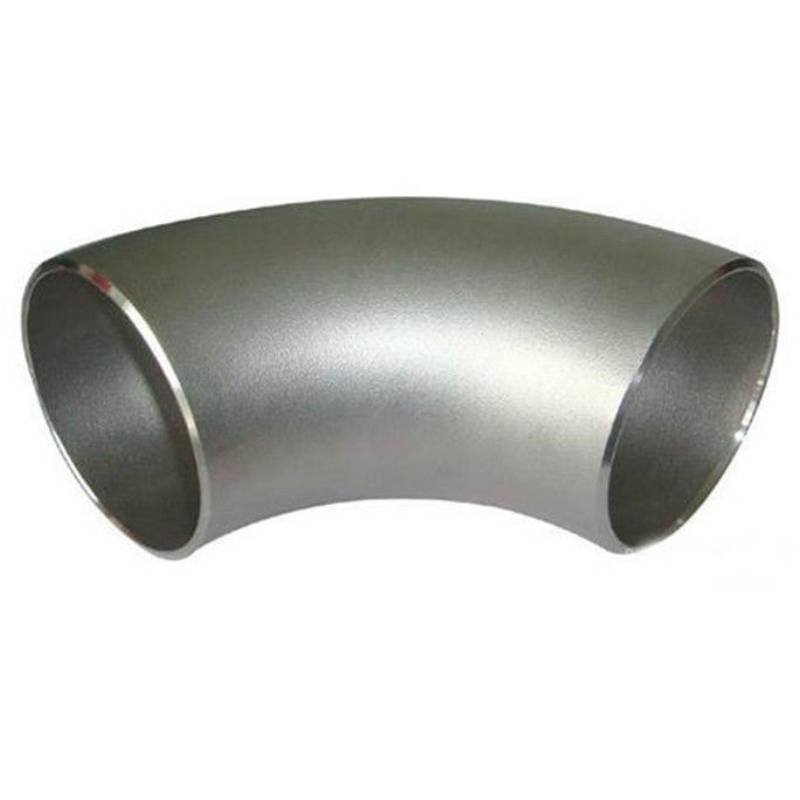-
Cangzhou Yulong Steel Co., Ltd.
-
Phone:
+86 13303177267 -
Email:
admin@ylsteelfittings.com
- English
- Arabic
- Italian
- Spanish
- Portuguese
- German
- kazakh
- Persian
- Greek
- French
- Russian
- Polish
- Thai
- Indonesian
- Vietnamese
- Zulu
- Korean
- Uzbek
- Hindi
- Serbian
- Malay
- Ukrainian
- Gujarati
- Haitian Creole
- hausa
- hawaiian
- Hebrew
- Miao
- Hungarian
- Icelandic
- igbo
- irish
- Japanese
- Javanese
- Kannada
- Khmer
- Rwandese
- Afrikaans
- Albanian
- Amharic
- Armenian
- Azerbaijani
- Basque
- Belarusian
- Bengali
- Bosnian
- Bulgarian
- Catalan
- Cebuano
- China
- China (Taiwan)
- Corsican
- Croatian
- Czech
- Danish
- Esperanto
- Estonian
- Finnish
- Frisian
- Galician
- Georgian
- Kurdish
- Kyrgyz
- Lao
- Latin
- Latvian
- Lithuanian
- Luxembourgish
- Macedonian
- Malgashi
- Malayalam
- Maltese
- Maori
- Marathi
- Mongolian
- Myanmar
- Nepali
- Norwegian
- Norwegian
- Occitan
- Pashto
- Dutch
- Punjabi
- Romanian
- Samoan
- Scottish Gaelic
- Sesotho
- Shona
- Sindhi
- Sinhala
- Slovak
- Slovenian
- Somali
- Sundanese
- Swahili
- Swedish
- Tagalog
- Tajik
- Tamil
- Tatar
- Telugu
- Turkish
- Turkmen
- Urdu
- Uighur
- Welsh
- Bantu
- Yiddish
- Yoruba

Nov . 17, 2024 07:36 Back to list
threaded pipe fittings manufacturer
Understanding Threaded Pipe Fittings A Comprehensive Guide
Threaded pipe fittings are essential components in various plumbing and piping systems. They play a crucial role in connecting pipe sections, allowing for the safe transfer of liquids and gases. With the growing demand for efficient and reliable piping solutions across industries, the market for threaded pipe fittings has seen significant expansion. In this article, we will explore the key aspects of threaded pipe fittings, their manufacturing process, and the considerations when selecting a manufacturer.
What Are Threaded Pipe Fittings?
Threaded pipe fittings are hardware components designed to connect two or more pipes or to redirect the flow of fluids. These fittings come with internal or external threads, which allow them to be screwed onto corresponding pipes. Common types of threaded fittings include elbows, tees, reducers, and couplings, each serving different purposes in a piping system.
These fittings are typically made from a range of materials, including stainless steel, carbon steel, brass, and plastic. The choice of material often depends on the application’s requirements, such as pressure ratings, corrosion resistance, and temperature tolerance.
Why Choose Threaded Pipe Fittings?
1. Ease of Installation Threaded fittings do not require welding or specialized tools, making installation relatively straightforward. This feature significantly reduces labor costs and installation time.
2. Versatility They can be used in various applications, including residential plumbing, industrial piping systems, and chemical processing. Their adaptability makes them a preferred choice in multiple sectors.
3. Reusability Unlike welded fittings, which are permanent, threaded fittings can be easily disconnected and reused. This reusability is particularly advantageous in maintenance and repair scenarios.
4. Leak Resistance When properly installed, threaded fittings provide a secure seal that minimizes the risk of leaks. However, the use of appropriate sealing compounds or thread tapes is essential to enhance leak resistance.
The Manufacturing Process
The quality of threaded pipe fittings depends significantly on the manufacturing process. Here’s a brief overview of the steps involved in producing high-quality threaded fittings
1. Material Selection The first step is selecting the appropriate material based on the intended application. Factors such as pressure requirements, temperature, and the nature of the fluid being transported are considered.
threaded pipe fittings manufacturer

2. Casting or Forging Depending on the design and material, fittings are either cast or forged. Casting involves pouring molten metal into molds, while forging involves shaping metal under pressure to achieve desired characteristics.
3. Machining After forming, fittings undergo machining processes to achieve precise dimensions and thread profiles. This step ensures that fittings can easily connect with pipes.
4. Surface Treatment To enhance corrosion resistance and durability, fittings often undergo surface treatment processes, including galvanization or passivation.
5. Quality Control A rigorous quality control process is essential to ensure that the fittings meet industry standards and specifications. This phase typically includes dimensional checks, pressure testing, and visual inspections.
Choosing a Threaded Pipe Fittings Manufacturer
When selecting a manufacturer for threaded pipe fittings, several factors should be considered to ensure that you receive top-quality products
1. Reputation Research the manufacturer’s reputation in the market. Look for customer reviews and testimonials to gauge the quality of their products and services.
2. Certifications Verify if the manufacturer has the necessary certifications, such as ISO or ASTM standards. These certifications indicate adherence to industry standards and quality assurance.
3. Customization Options Depending on your project requirements, you may need customized fittings. Ensure that the manufacturer offers design flexibility to cater to your specific needs.
4. Production Capacity Assess the manufacturer’s production capabilities to ensure they can meet your order quantity and delivery timeline, especially for large projects.
5. Customer Support A responsive and knowledgeable customer support team is vital for addressing any queries or concerns you may have during the purchasing process.
Conclusion
Threaded pipe fittings are indispensable in modern plumbing and industrial applications. Their ease of installation, versatility, and reusability make them a popular choice for engineers and contractors. By understanding the manufacturing process and carefully selecting a reliable manufacturer, businesses can ensure they are equipped with high-quality fittings that meet their operational needs. As the demand for efficient piping solutions continues to grow, investing in quality threaded pipe fittings will undoubtedly pay off in the long run.
Latest news
-
ANSI 150P SS304 SO FLANGE
NewsFeb.14,2025
-
ASTM A333GR6 STEEL PIPE
NewsJan.20,2025
-
ANSI B16.5 WELDING NECK FLANGE
NewsJan.15,2026
-
ANSI B16.5 SLIP-ON FLANGE
NewsApr.19,2024
-
SABS 1123 FLANGE
NewsJan.15,2025
-
DIN86044 PLATE FLANGE
NewsApr.19,2024
-
DIN2527 BLIND FLANGE
NewsApr.12,2024
-
JIS B2311 Butt-Welding Fittings LR/SR 45°/90° /180°Seamless/Weld
NewsApr.23,2024











